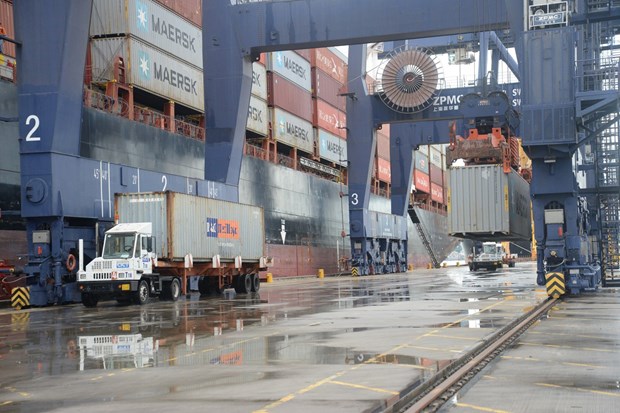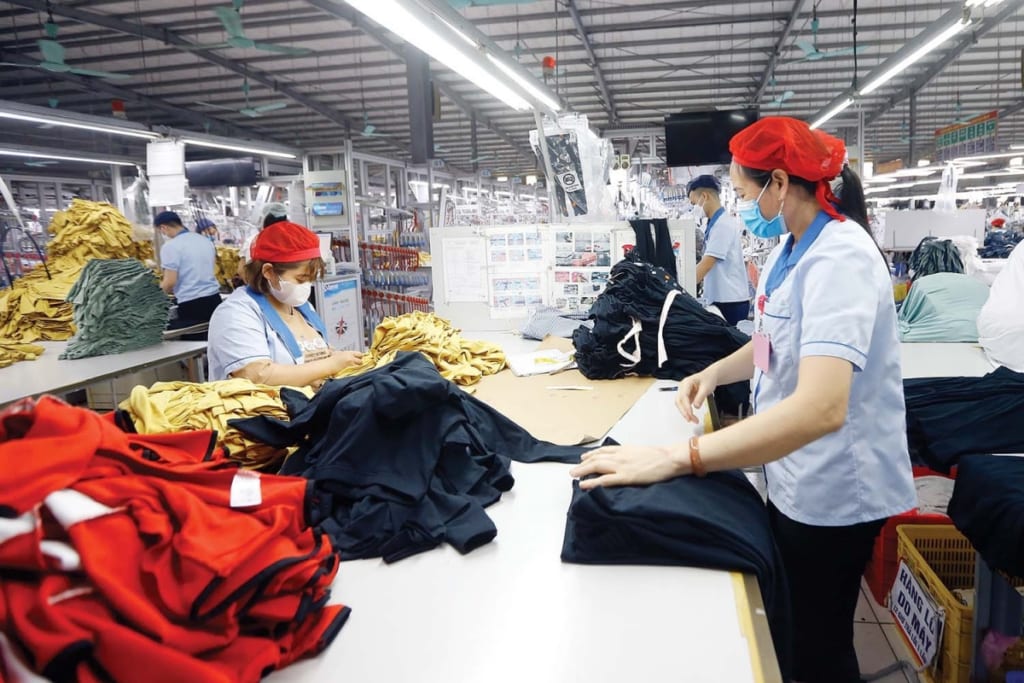
Introduction
Factory workers play a pivotal role in the global manufacturing industry. Vietnam, with its booming industrial sector, has become a prominent hub for factory workers. If you’ve ever wondered, “How much do factory workers in Vietnam make?” you’re in the right place. In this article, we will delve into the intricacies of wages, living conditions, and the various factors that influence the earnings of factory workers in this Southeast Asian nation.
How Much Do Factory Workers in Vietnam Make?
Factory workers in Vietnam earn wages that are influenced by several factors. These factors include skill level, location, industry, and experience. Here’s an overview of what you can expect:
Skill Level Matters
In Vietnam, factory workers with specialized skills or technical expertise often earn more than their counterparts with basic skills. Skilled workers, such as machinery operators or quality control experts, typically command higher salaries due to their specialized knowledge.
Location, Location, Location
Wages for factory workers can vary significantly based on the region in Vietnam. Major cities like Ho Chi Minh City and Hanoi generally offer higher salaries to factory workers compared to rural areas. This is primarily due to the differences in the cost of living and demand for labor.
Industry Impact
The industry in which a factory operates plays a crucial role in determining worker wages. High-demand industries, such as electronics and textiles, often pay higher wages to attract and retain skilled labor. On the other hand, less competitive industries may offer lower wages.
Experience Counts
Just like in any other profession, experience matters. Factory workers with several years of experience tend to earn more than newcomers. Experience brings with it expertise and efficiency, which are highly valued in the manufacturing sector.
Government Regulations
The Vietnamese government has been taking steps to improve labor conditions and worker rights. This includes implementing minimum wage laws and regulations to ensure that factory workers are fairly compensated.
Factors That Influence Factory Worker Wages
Apart from the specific factors mentioned above, there are broader influences on factory worker wages in Vietnam. Let’s explore these factors in more detail:
Economic Conditions
The overall economic health of Vietnam plays a significant role in factory worker wages. In periods of economic growth, businesses may offer higher wages to attract workers. Conversely, during economic downturns, wage growth may stagnate.
Cost of Living
The cost of living varies across Vietnam. Workers in urban areas typically face higher living costs, which may necessitate higher wages to maintain a decent standard of living. This is particularly true for factory workers in major cities.
Collective Bargaining
Factory workers in Vietnam may join labor unions or engage in collective bargaining to negotiate for better wages and working conditions. The success of these negotiations can have a direct impact on their earnings.
Education and Training
Investing in education and skills training can open doors to better-paying positions within the manufacturing sector. Factory workers who continuously upgrade their skills may find themselves eligible for promotions and higher-paying jobs.
Overtime and Bonuses
Many factory workers in Vietnam work overtime or receive bonuses for meeting production targets. These additional earnings can significantly boost their overall income.
Gender Pay Gap
It’s important to note that there may be a gender pay gap among factory workers in Vietnam, with male workers often earning more than their female counterparts. Efforts are being made to address this disparity and promote gender equality in the workplace.
FAQs
How much is the average monthly wage for factory workers in Vietnam?
The average monthly wage for factory workers in Vietnam can range from approximately $150 to $300, depending on factors like location and industry.
Are there opportunities for advancement for factory workers in Vietnam?
Yes, factory workers in Vietnam can advance in their careers by acquiring new skills and gaining experience, which can lead to higher-paying positions within the industry.
Do factory workers in Vietnam receive any benefits besides their wages?
Many factory workers in Vietnam receive benefits such as health insurance, overtime pay, and bonuses, which can contribute to their overall earnings.
Are there any legal protections for factory workers in Vietnam?
Yes, the Vietnamese government has implemented labor laws and regulations to protect the rights and interests of factory workers, including minimum wage laws.
How does the cost of living in major cities like Ho Chi Minh City affect factory worker wages?
The higher cost of living in major cities can result in higher wages for factory workers to ensure they can afford the essentials and maintain a decent standard of living.
What steps are being taken to address the gender pay gap among factory workers in Vietnam?
Efforts are being made to promote gender equality in the workplace, including addressing the gender pay gap and ensuring equal opportunities for all factory workers.
Conclusion
Factory workers in Vietnam contribute significantly to the country’s growing manufacturing industry. Their wages are influenced by a combination of factors, including skill level, location, industry, experience, and government regulations. As Vietnam’s economy continues to evolve, so too will the opportunities and earning potential for factory workers. Understanding the dynamics of factory worker wages is essential for both those seeking employment in this sector and those interested in the economic landscape of Vietnam.
Follow our channel for more updated news of Vietnamese labour market



